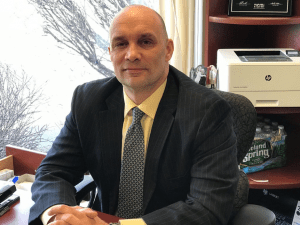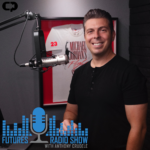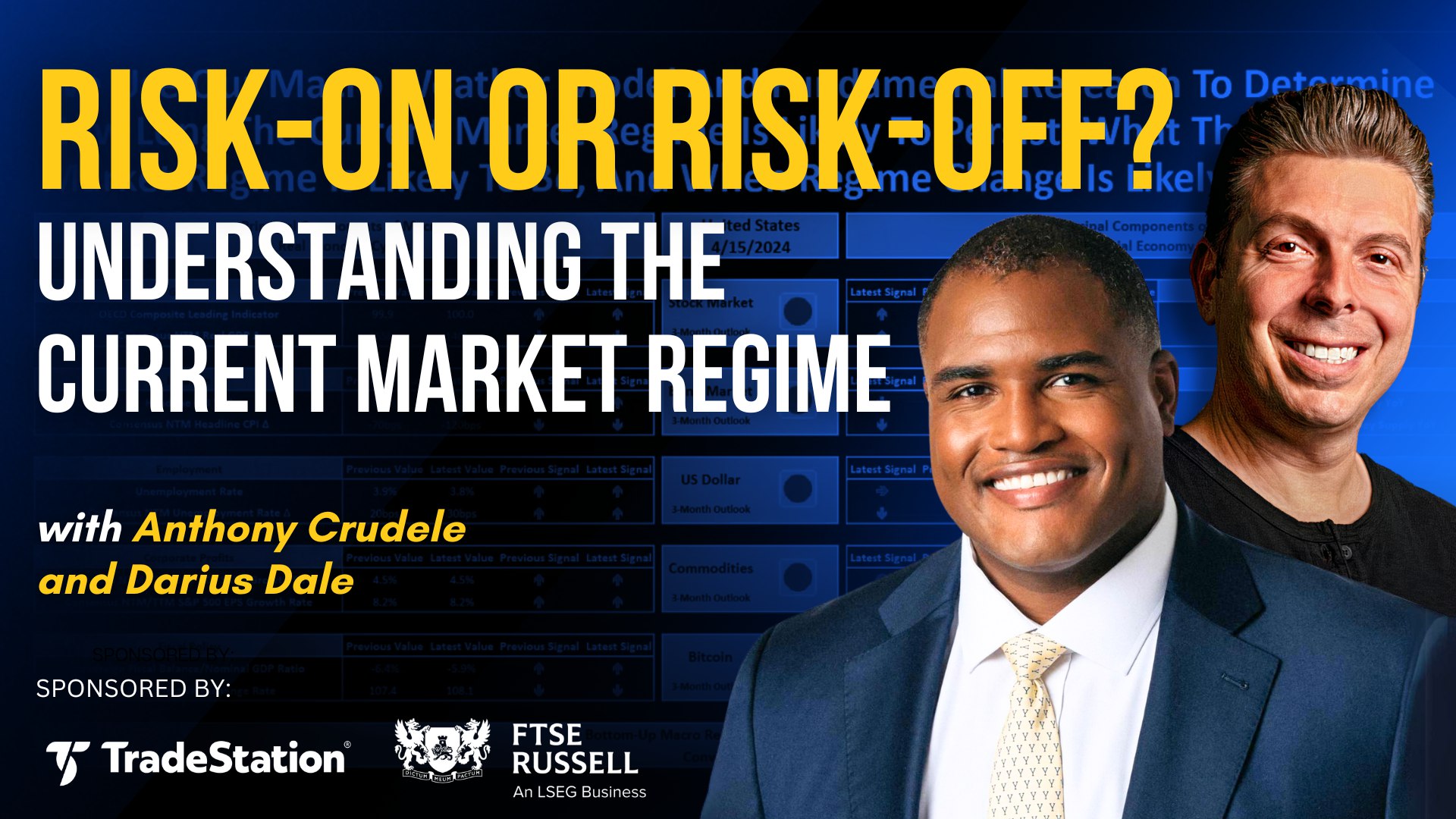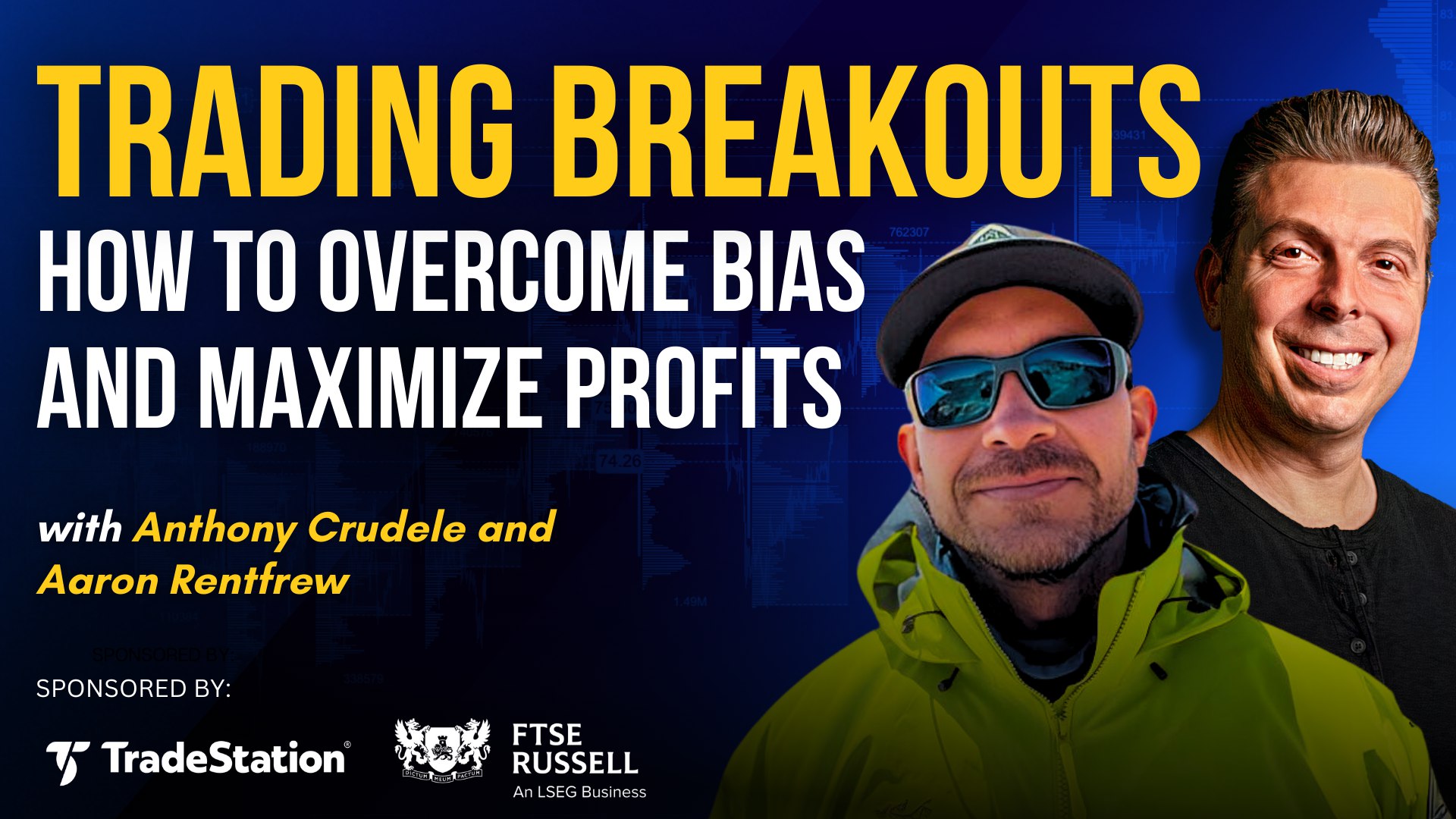 Guest:
Guest:
Larry Tentarelli
Private Trader
Record Date: 2/6/17
Intro:
Today I spoke with a man who’s family was in the stock brokerage business, and as young man he hung around the firm after school to learn about the markets. He began trading in the late 90’s and struggled, and he said that these struggles were just paying his tuition. He is an inspiration for all business owners or anyone who works a full time job because he shows that you can still be a successful trader even if its not your only job. His name is Larry Tentarelli, a Private Trader.
Larry and I talked about what it takes to be a successful trader while you are working at another business. We had a great discussion on systematic vs discretionary trading and also the importance of finding a system and process that fits your personality and lifestyle. Larry gives us thoughts on reactive and predictive technical analysis vs fundamental analysis and why he believes price pays! We talked about trend following and how he trades successfully using the 200 day moving average. We ended the conversation by discussing the importance of position sizing, risk control and position management.
[bctt tweet=”Everything that I do is pre-planned. My markets, entries, exits, risk, stop losses and signals are all pre-selected…” username=””]
Larry is a great guy who I believe is an inspiration to everyone out there working at a job or running a business who wants to have success in trading. His success proves that you can choose a trading style that best suits you and still work full time.
Topics:
- Managing trading as well as having another career.
- Having a strict system and process for executing trades. Systematic with discretionary execution.
- He explains his systems for trend following. How he uses moving averages and 52 week highs to signal trades.
- Most people come into their trading with a pre-determined market bias so everything they find confirms that pre-conviction. Doesn’t look at predictive patterns, he waits for the moves to happen.
- Position sizing, management, and risk control. How he manages his downside risk like a blackjack player.
Rapid Fire:
- How has your trading evolved over the years?
- I’ve learned to focus much more on the process and myself. I’ve figured out what costs me money and I eliminate them as best I can.
- Can you tell me the moment that trading just clicked for you?
- 08-09. I was short all the banks, but I didn’t know how to trade the downtrend. When it hit the bottom, I said I’m going to follow a system, and not touch it until I hit my targets.
- What’s the number 1 source you spend your time on?
- I use a stock data screener, that uses a beta filter.
- Favorite Book About Trading:
- Jesse Livermore Reminiscence of a Stock Operator.
- Favorite Movie About Trading:
- Wall Street: Original
- Best Advice Ever Received About Trading:
- Under trade. Your trading capital is like a bar of soap. The more you touch it, the smaller it gets. Trade less and make more.
- Advice to Give to Others About Trading:
- Under trade in every way conceivable. Trade less often, smaller position, less positions, less systems, less information. You really only have to be good a one method to be successful at trading.
Resources:
- Website: httpss://twitter.com/LMT978
Quotes:
- “Everything that I do is pre-planned. My markets, entries, exits, risk, stop losses and signals are all pre-selected…” 9:00
- “I found that by pre-planning every aspect of the trade, and removing myself from the equation, I get emotionally detached from the outcome, I started to consistently make money…” 10:30
- “Once I figured out that the money wasn’t really made on the chart, but on the trader’s process is when I started to be successful…” 18:00
- “For years there have been people the top and saying the market was a bubble, and at the end of the day that’s not making anybody money…” 25:15








